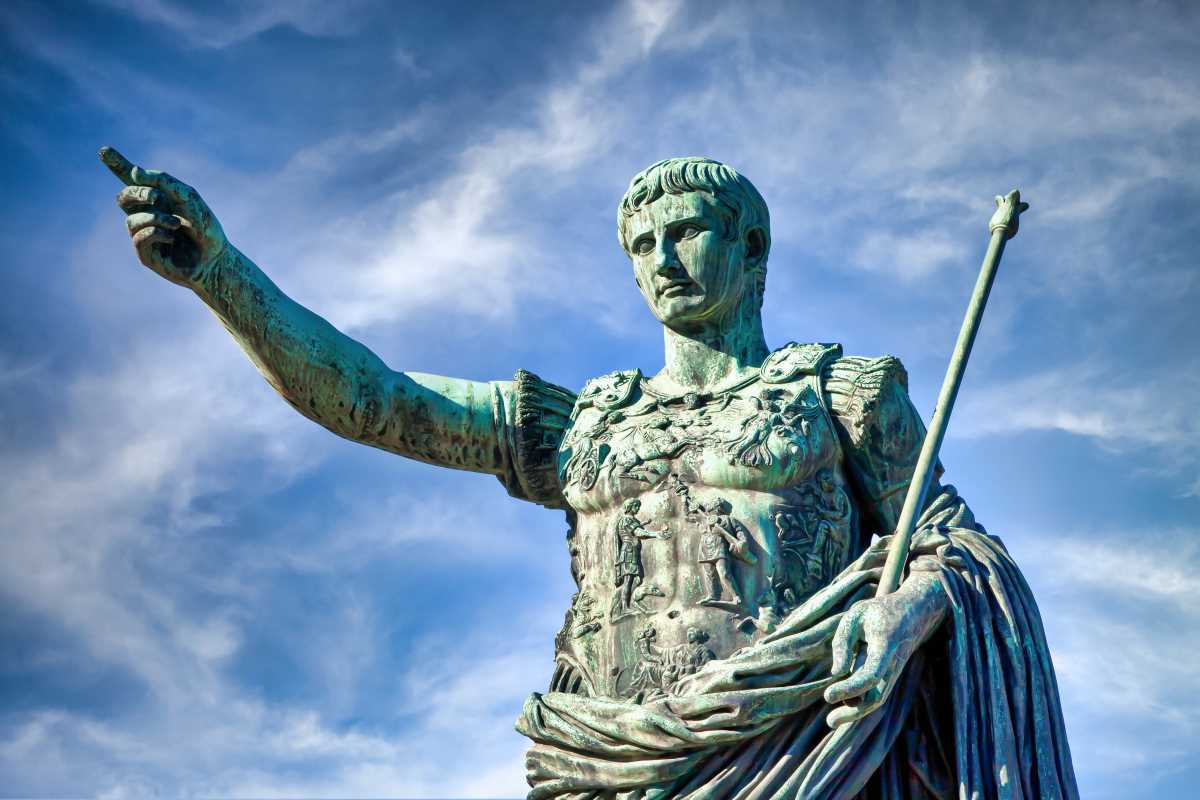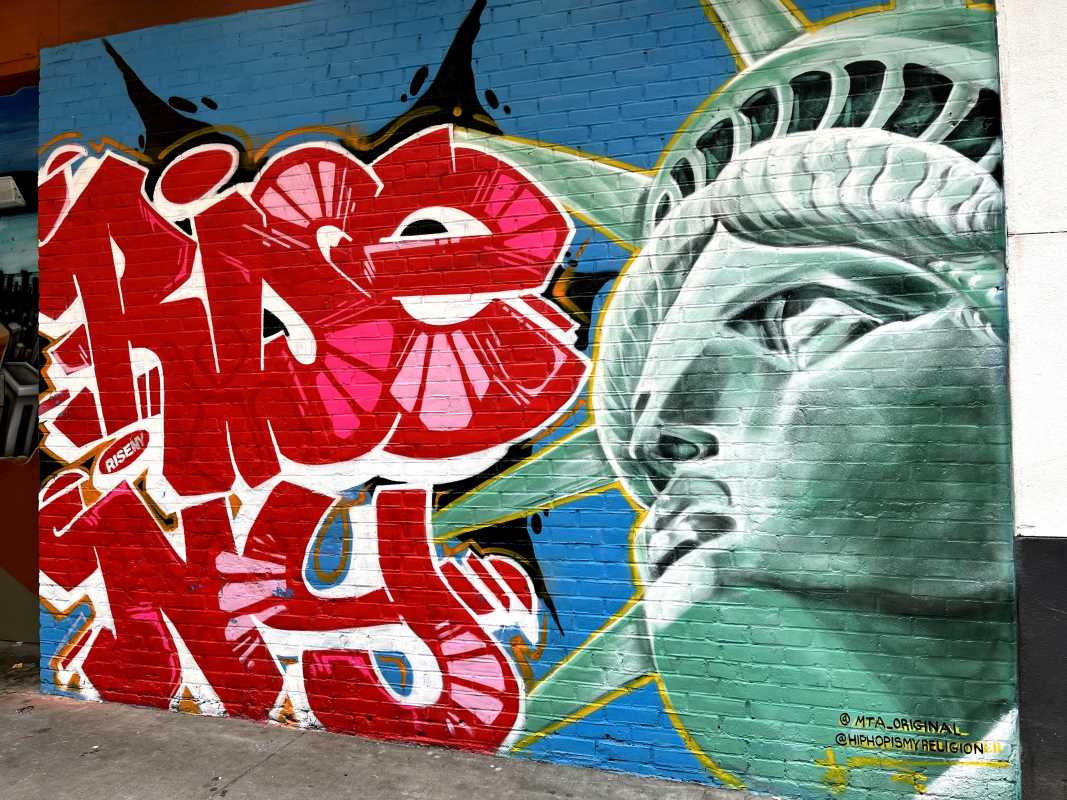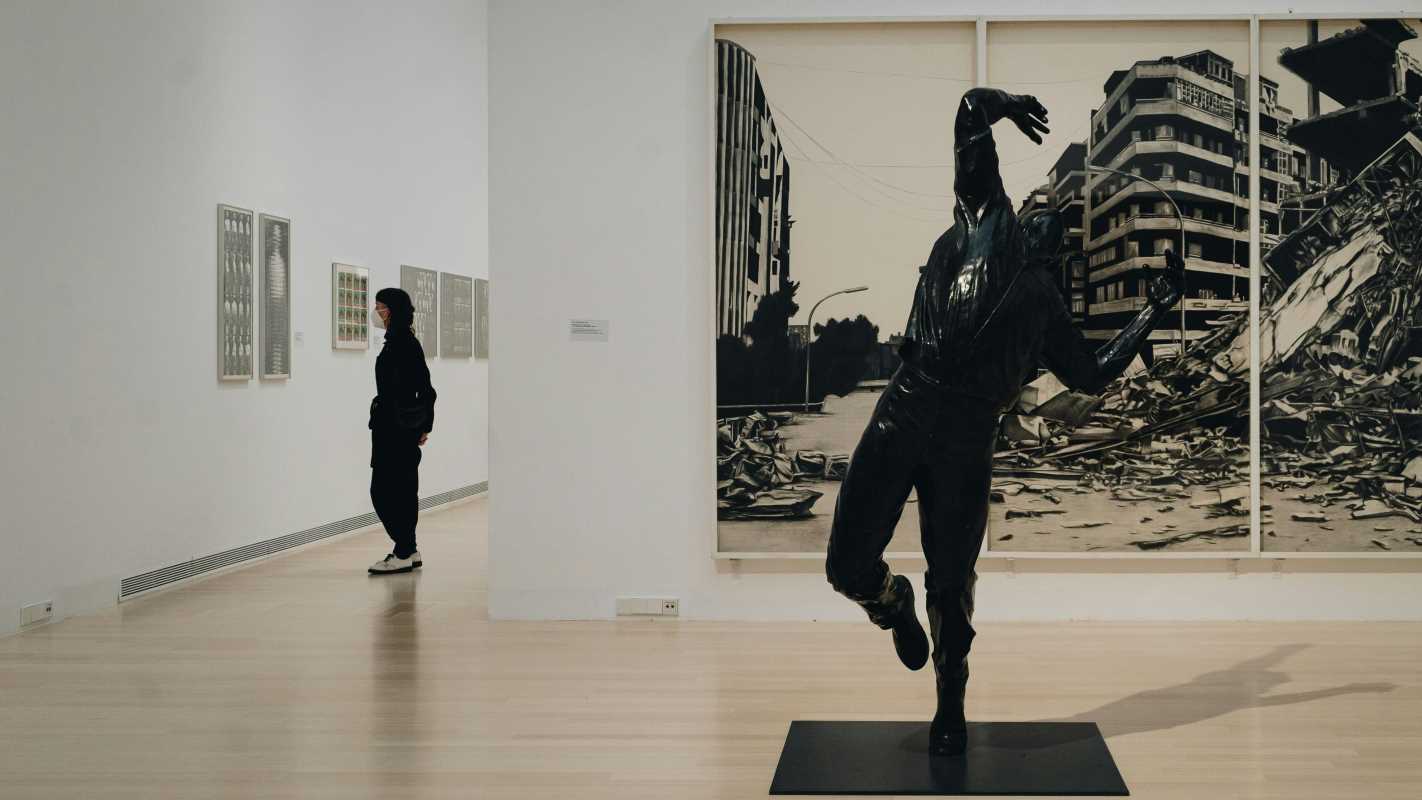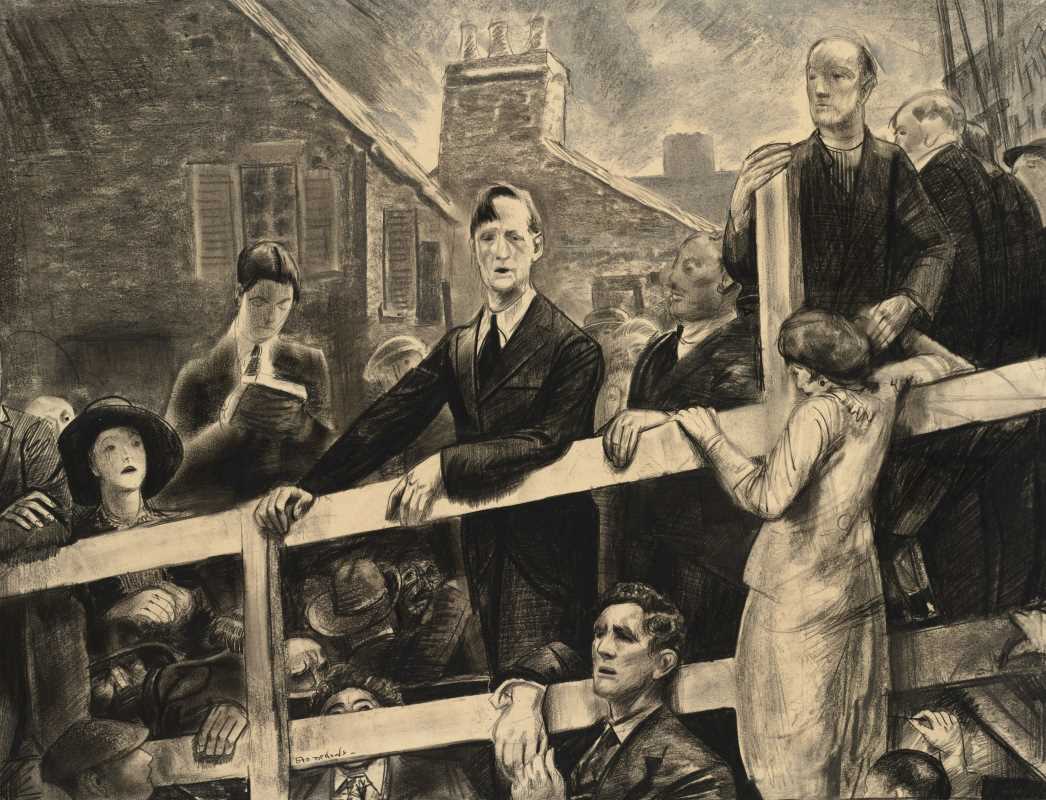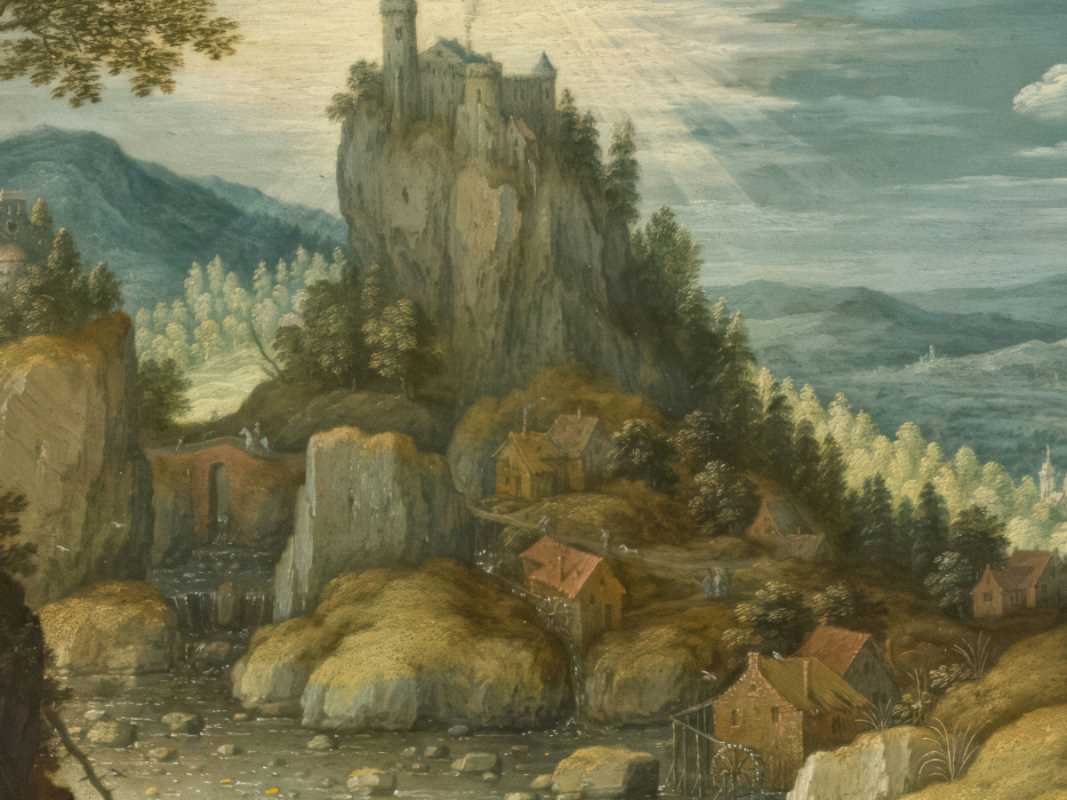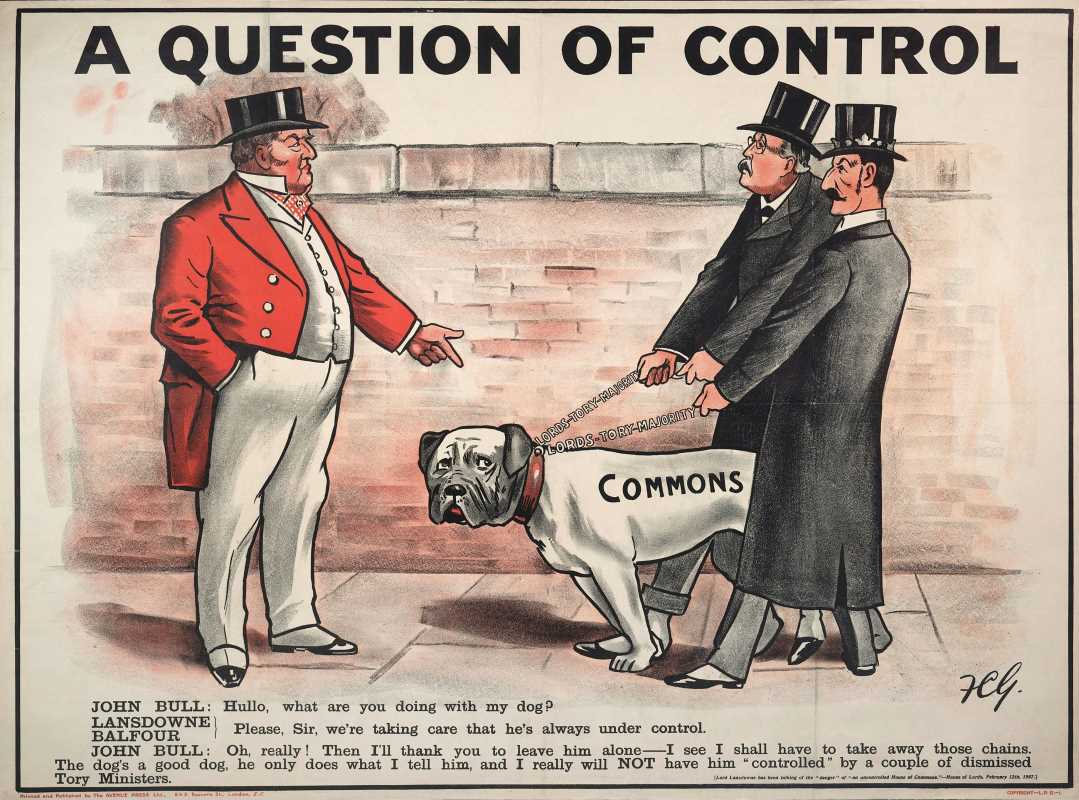Fascist regimes have long recognized the immense power of literature to shape thought, influence opinion, and preserve culture. To maintain control over society, these regimes sought to manipulate written works, using censorship, propaganda, and historical revisionism as tools to align literary endeavors with their totalitarian agendas.
At the same time, underground resistance fought back with subversive writing that defied oppression.
Censorship and Book Burnings
One of the most dramatic means of manipulating literature under fascist regimes was outright censorship, often symbolized by public book burnings. Adolf Hitler’s Nazi regime in Germany is perhaps the most infamous example. The Nazis viewed literature as either an ally to their ideology or a dangerous enemy that needed to be eradicated. Anything that contradicted their racist and nationalist agenda was banned, including works by Jewish authors, Marxist writers, and progressive thinkers.
On May 10, 1933, university students in Germany organized massive book burnings, destroying works by authors such as Bertolt Brecht, Albert Einstein, and Sigmund Freud. These events were framed as a "purification" of German culture and a rejection of what the Nazis called “un-German spirit.” Through these public spectacles, the regime sought not only to physically eliminate dissenting ideas but to intimidate anyone who dared to challenge their authority.
Fascist Italy under Benito Mussolini employed similar tactics, albeit with a less theatrical flair. Italian officials banned books that questioned Fascism or promoted leftist ideologies. Libraries were combed for “undesirable” material, and Italian publishers were threatened into aligning their output with party-approved themes.
These acts of censorship and destruction created an atmosphere of fear, with readers and writers alike forced to conform or face severe consequences. By controlling what could be read, fascist regimes sought to control how people thought, stripping society of diverse perspectives and intellectual freedom.
State-Sponsored Propaganda Literature
Fascist regimes didn’t just suppress dissenting voices; they actively promoted their narratives through state-sponsored propaganda literature. Books, pamphlets, and novels that glorified Fascist ideals, spread racist ideologies, and deified authoritarian leaders became essential tools for perpetuating their power.
Joseph Goebbels, Hitler’s Minister of Propaganda, spearheaded efforts to flood the German literary market with works that supported Nazi ideology. Propaganda novels and children’s books taught readers to sympathize with the Aryan race, demonize Jewish people, and idolize Hitler. For example, the children’s book The Poisonous Mushroom depicted Jews using grotesque stereotypes to plant anti-Semitic ideas in young minds. These books worked hand-in-hand with school curricula to embed Fascist ideals into everyday life.
Mussolini’s Italy took a slightly different approach, blending Fascist propaganda into historical and patriotic novels. Writers like Filippo Tommaso Marinetti, a Futurist and staunch supporter of Mussolini, celebrated Fascist militarism and the glorification of speed, strength, and industrialization. Marinetti’s literary contributions helped bolster enthusiasm for Mussolini’s wars and the vision of a powerful, unified Italy.
By flooding publishing houses with pro-Fascist material, these regimes ensured that the public was inundated with stories and messages that reinforced their political ideologies, leaving little room for alternative viewpoints.
Rewriting History Through Fiction
Fascist regimes understood that controlling the past meant controlling the present and future. Literature became a vital medium for rewriting history, creating a version that justified and glorified fascist power. Fictionalized accounts of historical events were crafted to align with the regime’s narrative, giving their political agendas a veneer of legitimacy.
Nazi Germany actively rewrote its history to fit the Aryan mythos. Historical novels and plays glorified pre-Christian Germanic tribes and depicted the rise of the Third Reich as the culmination of a heroic national destiny. Authors were encouraged, and often coerced, to write stories that depicted Germany as a victim of outside forces, such as the Treaty of Versailles and so-called "Jewish Bolshevism." These stories framed the Nazi regime as Germany’s savior, returning the nation to its rightful glory.
Similarly, in Francoist Spain, literature played a key role in reshaping the cultural memory of the Spanish Civil War. Franco’s regime commissioned novels and plays that romanticized the Nationalist cause while demonizing the Republican opposition. Works that highlighted the suffering caused by the war or questioned Franco’s ideals were censored or suppressed. Instead, writers were pushed to depict Franco as a heroic figure destined to restore Spain’s greatness.
By manipulating historical narratives in literature, fascist regimes created a version of the past designed to justify their rule and silence critical examination of their actions.
Suppression of Dissenting Voices
Alongside censorship and propaganda, fascist regimes worked diligently to suppress dissenting voices, targeting authors who refused to toe the party line. Writers who expressed critical or alternative opinions often faced exile, imprisonment, or even death.
Under Franco’s rule, Spanish poet Federico García Lorca was executed in 1936 for his progressive ideas and perceived alignment with the Republicans. His death symbolized the regime’s intolerance for cultural figures who challenged its authority. Similarly, in Nazi Germany, prominent authors like Thomas Mann and Bertolt Brecht fled the country, fearing retribution for their opposition to Fascism.
Even those who attempted subtle defiance through their works faced grave consequences. Austrian novelist Stefan Zweig, whose literary themes celebrated European unity and humanism, fled his homeland as Nazi censorship began to tighten its grip. His eventual suicide in exile reflected the despair that many artists felt during this time of persecution.
Writers under fascist regimes faced a chilling reality where every word they wrote could be scrutinized as a threat. For those who refused to stay silent, the cost of resistance was often unbearable. Their stories of defiance, however, continue to inspire movements for freedom of expression to this day.
The Role of Underground Literature
Despite the dangers they faced, many writers and readers found ways to resist fascist manipulation of literature through underground publishing and distribution. These subversive works often became lifelines, offering hope and a reminder that dissenting voices could not be entirely silenced.
Samizdat, a system of clandestine publishing that thrived in totalitarian regimes, played a crucial role in keeping banned literature alive. Though more commonly associated with the Soviet Union, similar efforts occurred in Nazi-occupied Europe and Francoist Spain. Writers distributed manuscripts by hand, often copying material themselves or working in secret networks to evade detection.
Pamphlets, poems, and anti-Fascist manifestos were also covertly produced to counter state propaganda. These materials often circulated in working-class communities and among intellectuals, fostering pockets of resistance and keeping the spirit of rebellion alive. The Italian anti-Fascist poet Cesare Pavese, for example, wrote subversive works that circulated among resistance movements. His writings expressed disillusionment with Fascism, blending personal pain with universal critique.
Underground literature demonstrated that even in the most repressive environments, the human desire for truth and freedom could not be stamped out. It provided a form of resistance that bypassed traditional censorship, offering a vital connection between artists, activists, and the people.
The Lasting Impact of Literary Manipulation
The manipulation of literature during fascist periods revealed the immense power written words possess. By burning books, controlling narratives, and suppressing free expression, fascist regimes attempted to erase diversity of thought and replace it with monolithic ideologies. Yet, the courage of underground writers and the resilience of artistic expression ensured that these efforts were never entirely successful.
Today, the stories of both manipulated propaganda and brave resistance serve as critical reminders of the role literature plays in shaping societies. They also call us to recognize and protect the freedom of expression as a fundamental human right, ensuring that history never forgets the lessons learned during these dark periods.
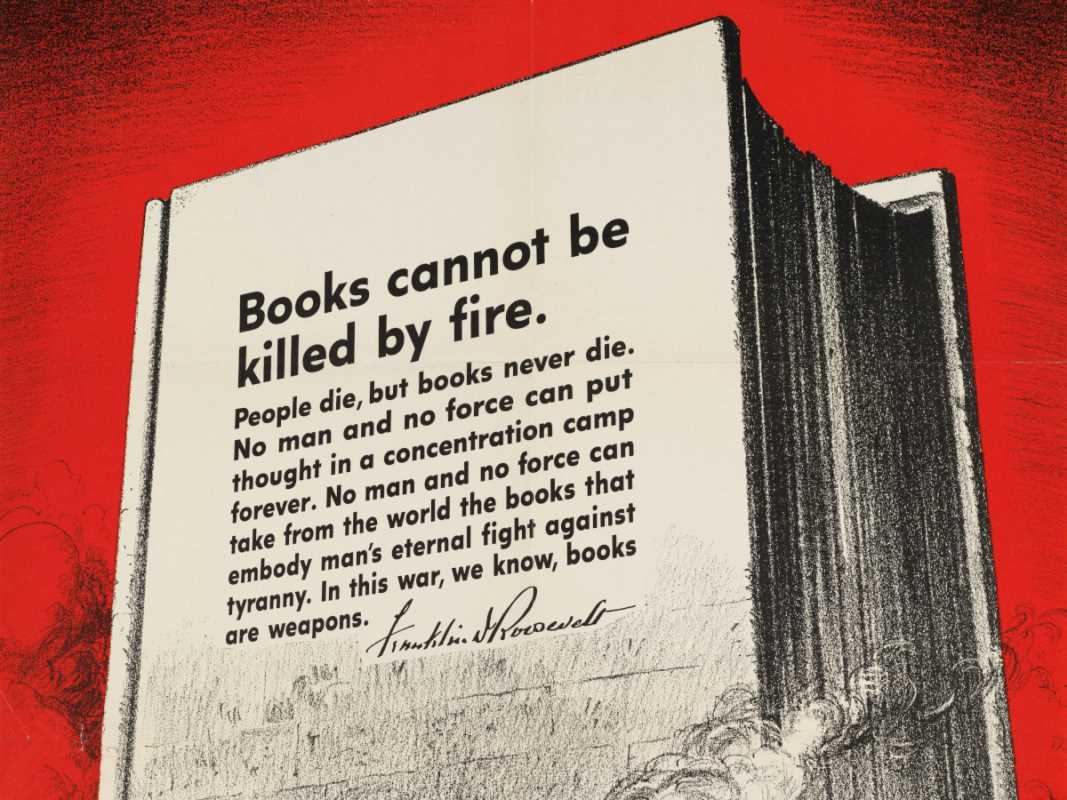
.jpg)
